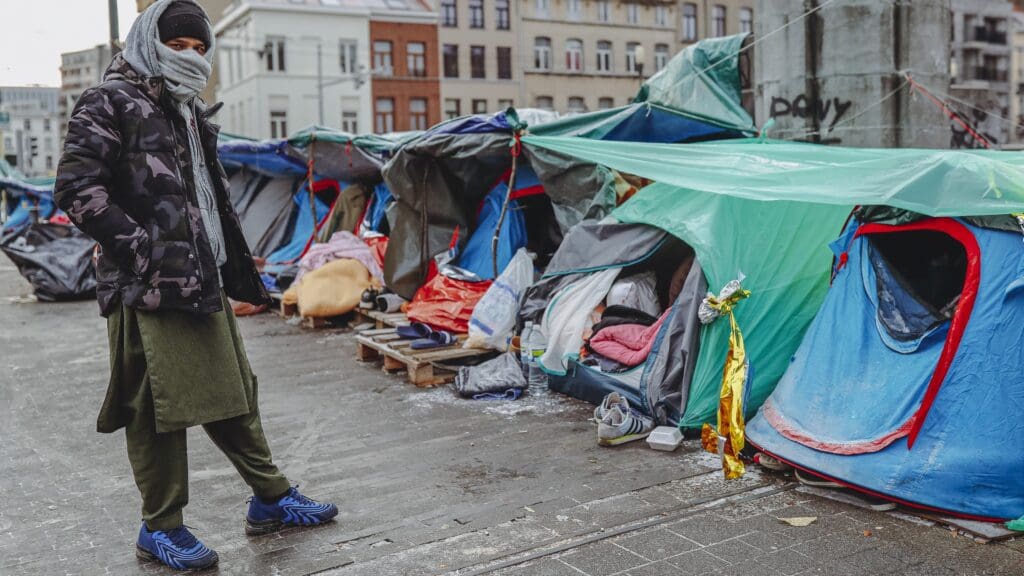
‘We believe that the Hungarian model is the right one, whereby asylum applications must be made outside the EU and refugees are only allowed to come after proper checks have been carried out. This is so because the Hungarian government holds, in accordance with international law, that refugees are entitled to asylum in the first safe country they reach, not in any, distant country of their preference.’

During the regime change following the fall of the Iron Curtain, the Hungarian National Bank gradually sold almost all of the country’s gold reserve, which by 1992 fell to around three tonnes, with the proceeds from the sale of gold invested in foreign government bonds deemed safe and high-yielding. However, the promised returns were not realized.
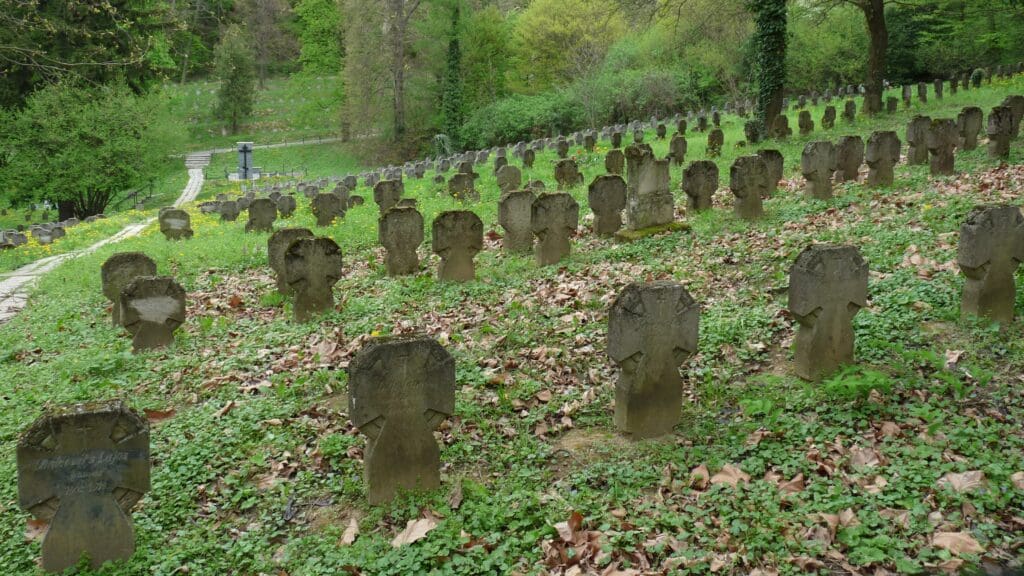
How should we Hungarians relate to our heroic dead who perished in the two world wars? Some thoughts and proposals by our Sopron-based contributor Botond Szabó.
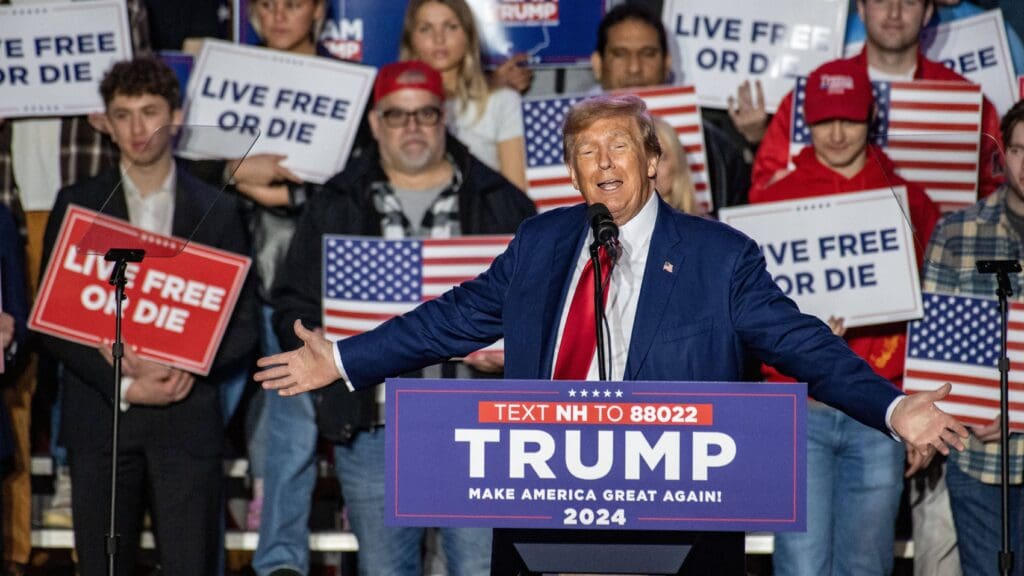
‘In addition to his positive foreign policy track record, Donald Trump often promises in his public speeches on his current campaign trail to bring peace to Ukraine and Israel, and restore global security once elected president again. Therefore, it is clear that for Hungary, Trump is the number one choice as the ideal leader of the free world from the point of view of global peace.’
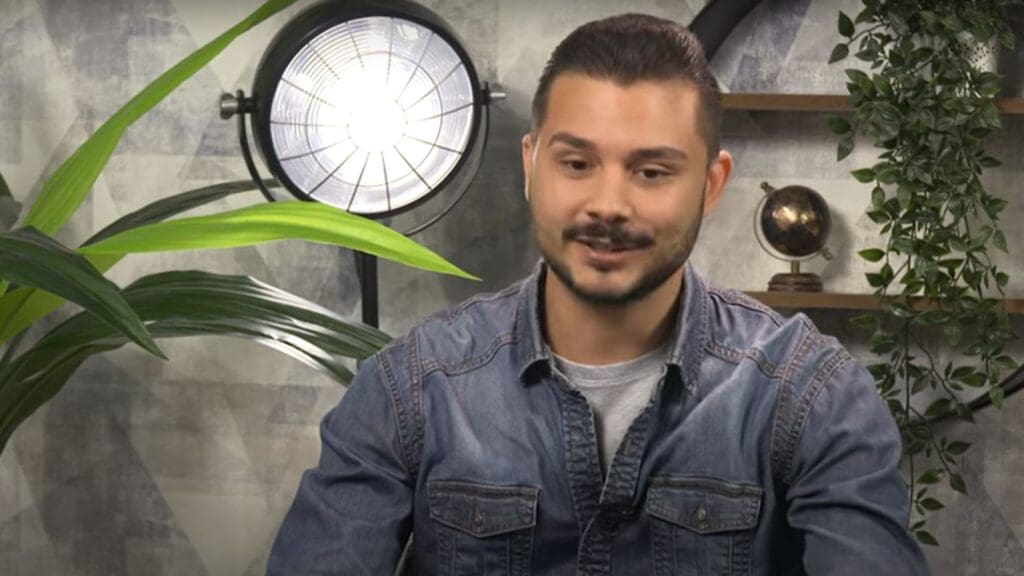
Hungary has over 2 million TikTok users. Many Roma creators have popular accounts on the platform. This piece argues that the new social media site should be utilized by the government for their anti-poverty and integration programmes aimed at the Roma people of Hungary.
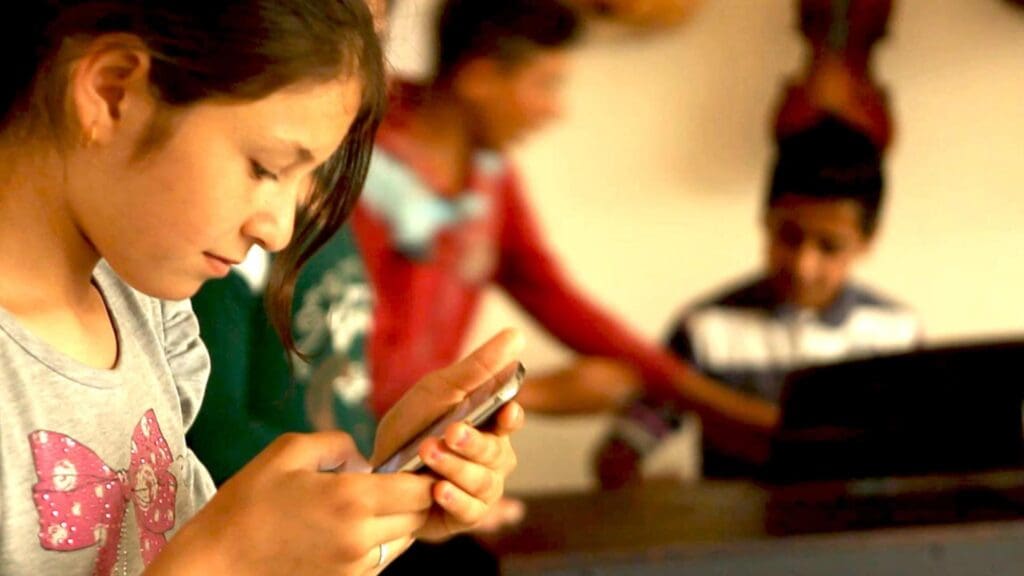
It would be crucial to allocate the necessary resources to promoting educational and informative content on TikTok that targets the Roma youth, as part of the broader government-funded inclusion programmes. Thanks to TikTok’s omnipresence, such a scheme has the potential of reaching almost all Hungarian Roma youth directly and of proactively influencing their cultural and social development, integration, and desegregation in a cost-effective manner.
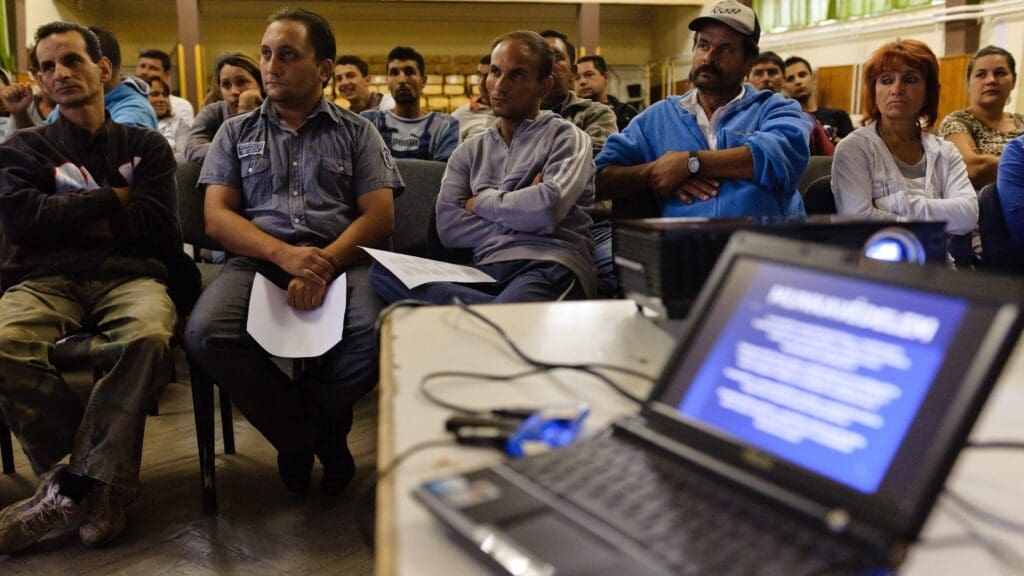
The Roma were the real losers of the fall of communism. With the regime change, most Hungarian Roma, and in fact, many non-Roma Hungarians, lost their livelihoods, as the unskilled jobs they had filled vaporized with the collapse of the outdated and unsustainable industry created under state socialism.

‘Most importantly, Facebook is a Western company, and we are a Western-style democracy. Facebook’s ideology is basically liberal democracy, as is ours—although the Hungarian Government takes issue with this and represents a version of it based on Christian, conservative values. The number one platform for this world and this set of values for the public is the Facebook universe: we are therefore allies; not good friends, but allies.’
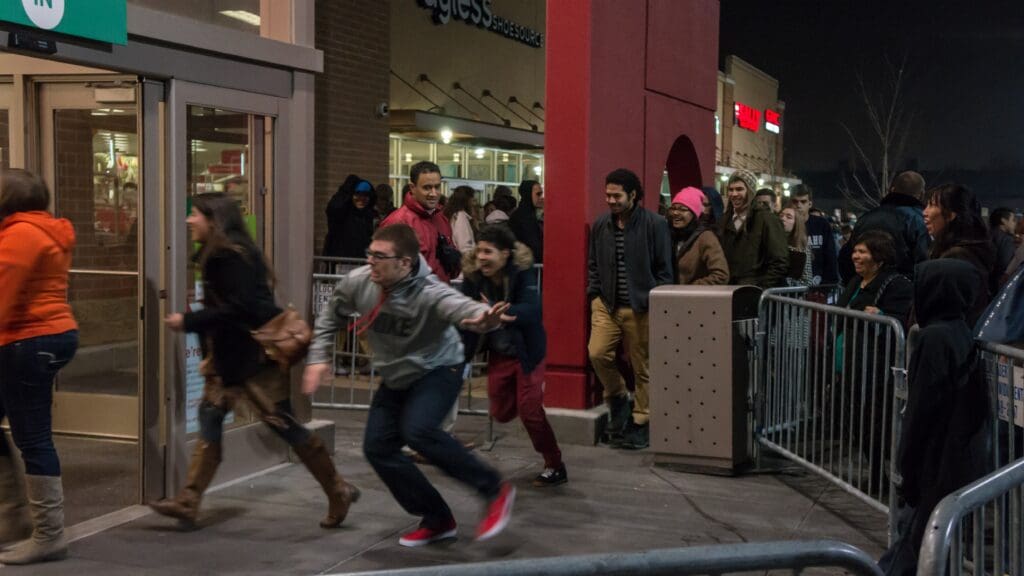
Europe’s population could shrink from 742 million to just 586 million by 2100, and our share of the world’s population could fall from nine to 5.6 per cent. Of course, this is not necessarily bad news for all, but it is for our continent. It is our own survival that is at stake, our very existence, which, with all our—arguable—historical sins, I believe is good for the world.
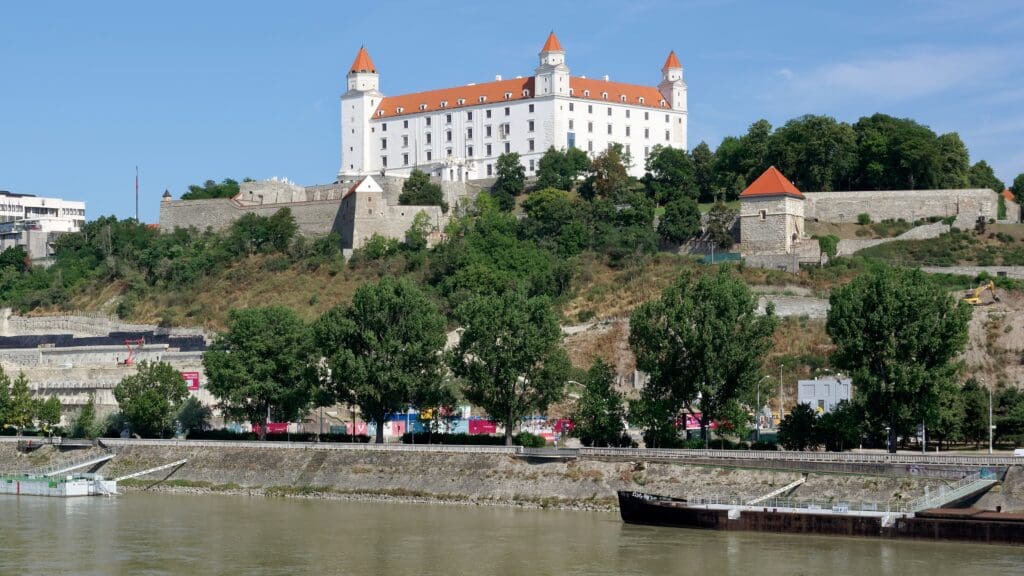
Slovakia’s upcoming early elections are attracting a lot of attention internationally, but the Hungarian ethnic parties, unable to surpass the parliamentary threshold since 2020, are again unlikely to enter the Bratislava national assembly. What has led to this situation? Why are Hungarians in the Uplands divided?